Planning Pays Off: 5 Strategies to Get the Most Out of Your Delivery Speed Choice
October 28, 2024
5 min read
Introduction
In the fast-paced customer service world, not having the right tools to reach their audience can hurt businesses. One thing they often do is select a chatbot solution that suits them the best. Even though traditional chatbots have been doing the job for many companies, chatbots that function on a WhatsApp API are one of the latest fancies.
Stats show that WhatsApp has more than 2.7 billion active users in 2024. Knowing the difference between these two will help you make better decisions that will naturally benefit your customers and business.

Understanding Chatbots
A chatbot is computer software that acts just like a human. They’re here to help with questions and provide information. There are seven types of chatbots.
Menu or Button-Based Chatbots: These guide users through options, providing an intuitive click-by-click interface to answer simple FAQs and questions.
Rules-Based Chatbots: Rules-based chatbots are designed based on a pre-crafted script. They respond according to predefined commands to ensure predictable and consistent responses to frequently asked questions.
AI-Powered Chatbots: These bots use NLP and machine learning to gain knowledge from interactions and can process many queries, making the experience much more personal.
Voice Chatbots: Driven by voice recognition technologies, the bots converse with the users through spoken language and offer easy, hands-free convenience.
Generative AI Chatbots: These will offer a real-time response, allowing a more personalized, customized conversation.
Keyword Recognition-Based Chatbots: These keyword- or phrase-based analyses determine relevant responses. They can be much more flexible than what rule-based systems are capable of.
Hybrid Bots: Combining AI-driven intelligence with rule-based consistency, hybrid bots offer a balanced solution for handling simple and complex queries.
Key Differences Between WhatsApp API Bots and Traditional Chatbots
WhatsApp chatbots and the traditional customer support model have various unique advantages depending on the context of use. WhatsApp chatbots’ advantages include working 24/7 and near-instant responses, which ensure efficient provision of answers to customers and thereby save valuable time.
Traditional customer support is usually set between business hours, taking longer to respond, especially at peak times. However, human agents are more suited for complex, emotion-driven cases requiring empathy and personal human contact areas.
WhatsApp chatbots can concurrently engage with many queries, making them highly scalable without additional costs. Chatbots are cost-effective in performing routine tasks since they are less demanding than the need for massive staff to provide an effective human workforce.
Here’s a breakdown of the differences:
User Reach
WhatsApp API Bots: Easy access to WhatsApp’s large user base
Traditional Chatbots: Available on multiple platforms
Personalization
WhatsApp API Bots: High personalization for users
Traditional Chatbots: More flexible customization options
Integration
WhatsApp API Bots: Smooth integration with WhatsApp
Traditional Chatbots: Works across various platforms
Engagement
WhatsApp API Bots: Supports rich media (images, videos)
Traditional Chatbots: Broader engagement possibilities
Cost
WhatsApp API Bots: Higher setup costs for large-scale use
Traditional Chatbots: More affordable for small businesses
Security
WhatsApp API Bots: End-to-end encryption
Traditional Chatbots: Varies by platform
Automation
WhatsApp API Bots: Basic automation within WhatsApp
Traditional Chatbots: Advanced AI options available
Conclusion
Choosing between WhatsApp API bots and traditional chatbots depends on business requirements and customer preferences. The most valuable benefits of WhatsApp API bots over regular chatbots are engagement and accessibility.
Shipyaari Delta streamlines customer engagement via WhatsApp with features like broadcast messaging, catalog creation, live chat support, and AI-powered chatbots. It automates customer queries, sends notifications, and integrates with CRMs and eCommerce platforms, offering a complete solution for boosting sales and improving customer interactions.
Sign up today to take your customer engagement to the next level!
Frequently Asked Questions
A WhatsApp API bot can be defined as an automated system that interacts with users through the WhatsApp messaging platform by using its API.
Before finalizing, note down the preferences of your target audience, which one they prefer more, and the level of engagement you want from them. Then, your budget.
Yes, WhatsApp API bots are available to integrate various systems, such as CRM and ERP solutions.
Simple customer requests suit traditional chatbots but may work poorly with more complex responses requiring deeper comprehension or empathy. They have a weak point when dealing with more complex responses since the likelihood of scripted responses makes them less than ideal for dealing with complex customer requirements.
Suggested Reads
Hyperlocal Personalization: Tailoring Experiences for Local Customers
Introduction The eCommerce industry in India has witnessed a rapid growth of hyperlocal services in
Continue ReadingDec






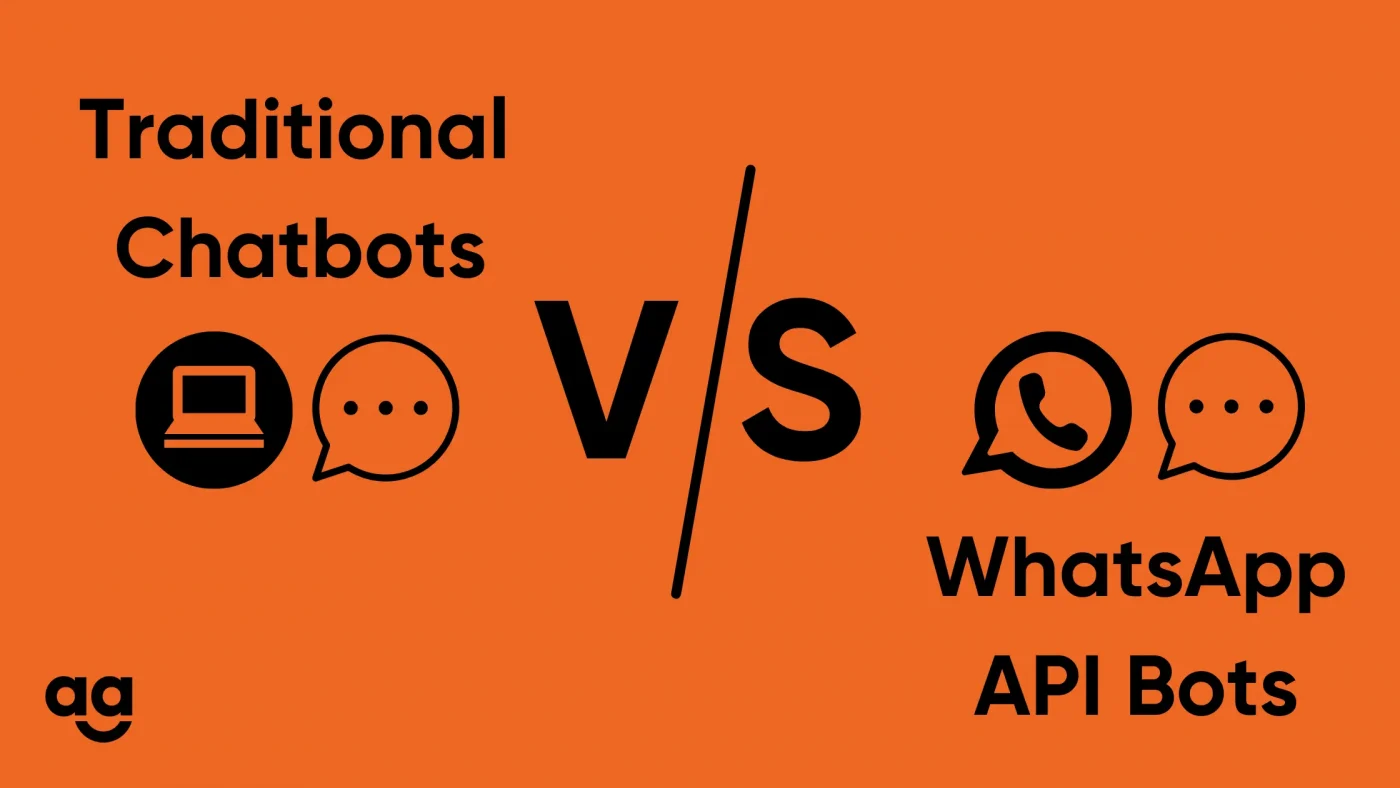


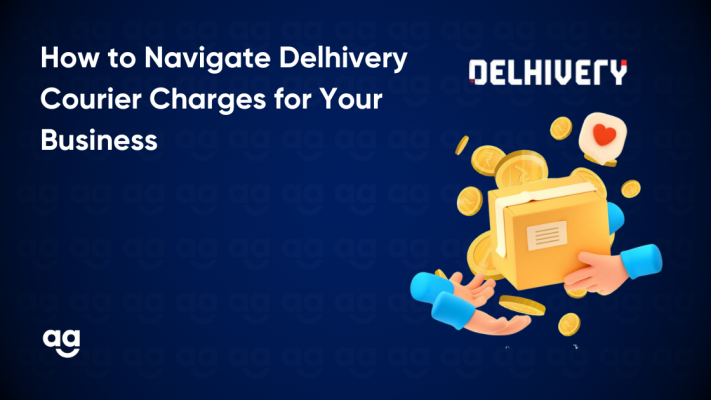
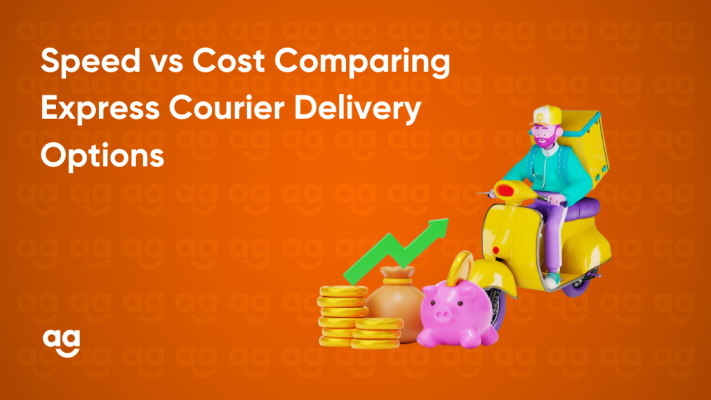
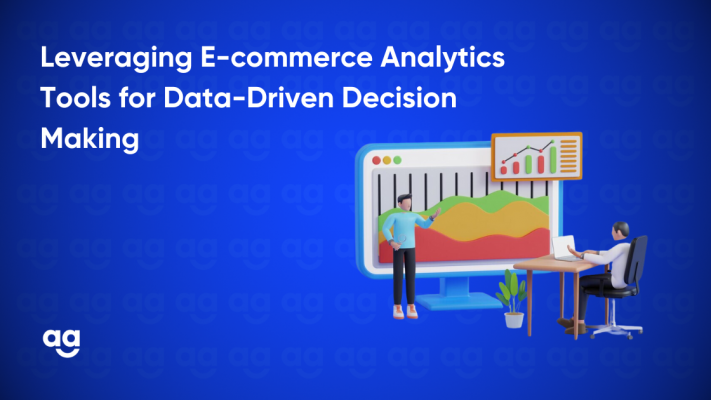
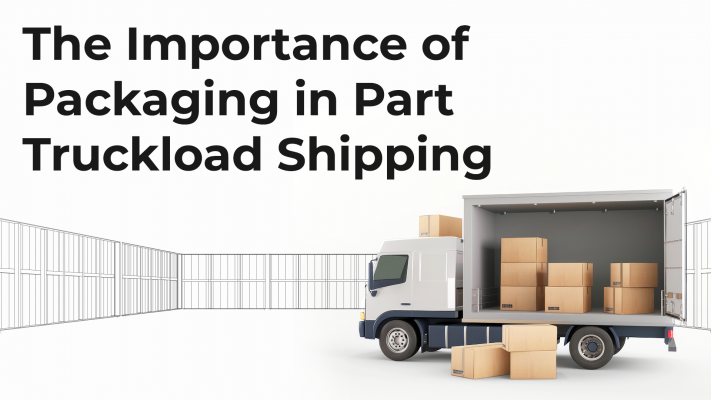

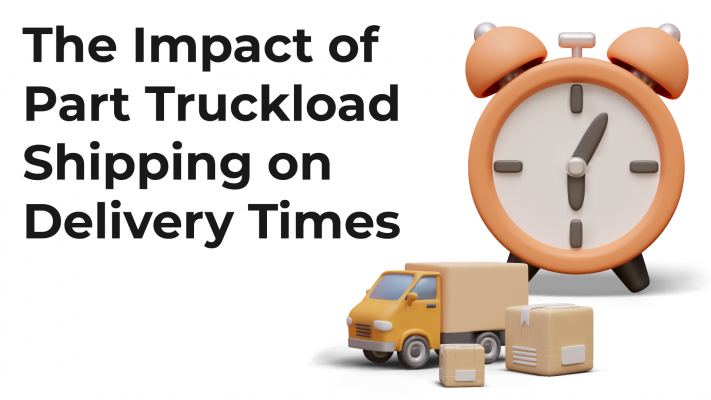
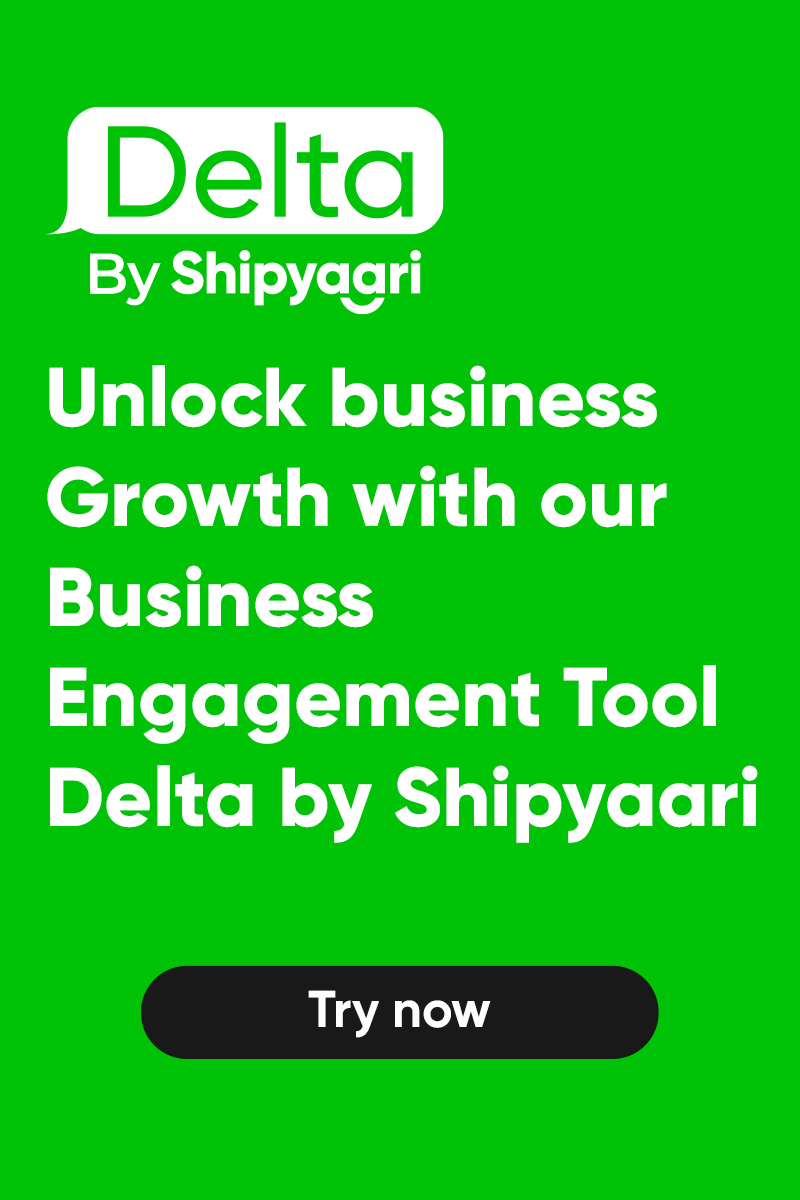
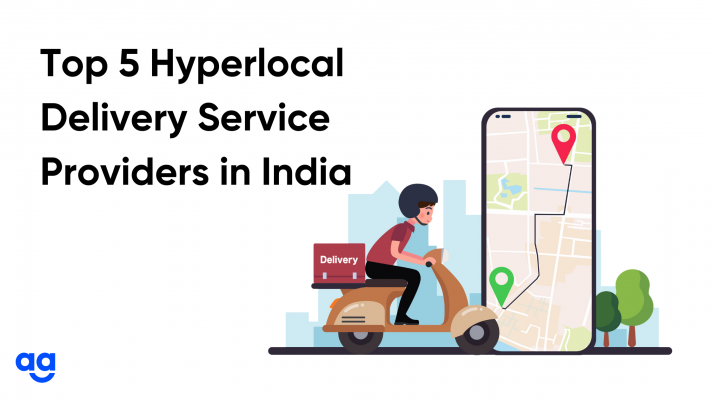
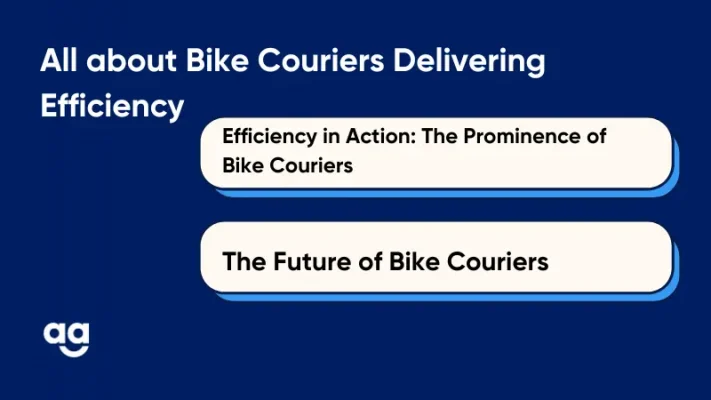
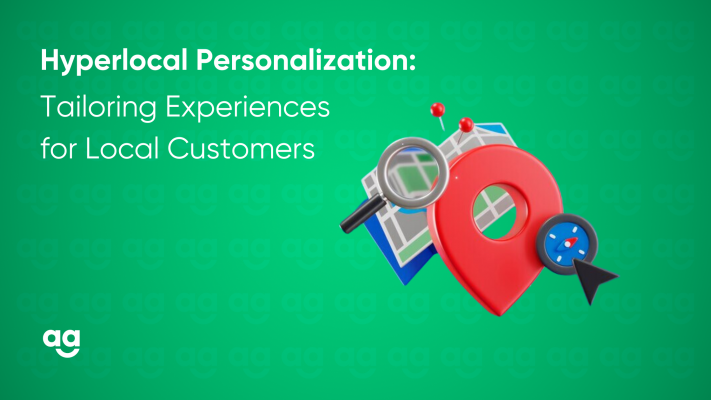
 Shipping
Shipping







